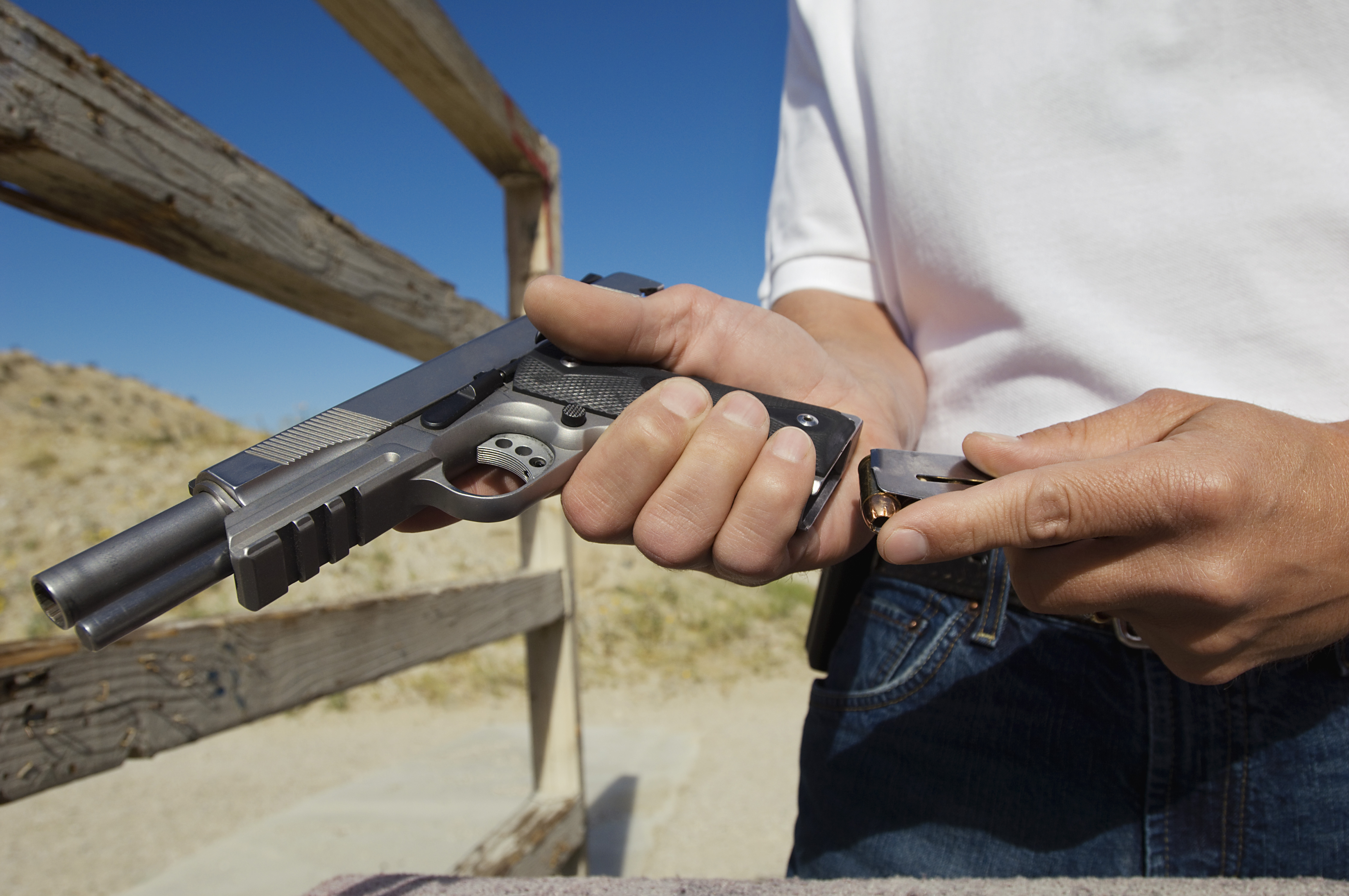Your gun rights come with a host of serious responsibilities. Considering the repercussions for a gun crime—which can include jail time, fines, a criminal record, and a loss of your gun rights—you should never treat the matter lightly. Whether you’ve been arrested for illegal gun possession, shooting an intruder, or another gun-related crime, you must always understand your rights in the criminal prosecution process. Regardless of your guilt or innocence, you should follow these steps to ensure your rights are fully protected.
Step 1: Contact a lawyer immediately.
Many people wrongly assume that asking for a lawyer implies guilt. This couldn’t be farther from the truth. Everyone, guilty or innocent, has the right to legal representation in a criminal proceeding. You should absolutely exercise that right when it comes to gun crimes, which deliver serious penalties upon conviction. Your lawyer can advise you throughout the next steps and make sure you are fully prepared for whatever lies ahead.
Step 2: Remember your right to remain silent.
While struggling with the panic and confusion of an arrest, many people are tempted to talk their way out of it. If you’re being arrested for a gun crime, you or a loved one may try to explain the situation as if clearing up a misunderstanding. Statements like “I didn’t know this type of gun was illegal” or “I was only defending myself” may come out as an automatic response, but they can be incredibly damaging to your case. Police will make note of anything you say and compare it to later statements. Unless a lawyer is present, neither you or your loved ones should speak to the police at any point.
Step 3: Insist on a search warrant.
This step also applies to your loved ones’ actions in the wake of your arrest. If you or a loved one knows you have done nothing wrong, or feels you have nothing to hide, it may be tempting to comply with police requests to search your home. In reality, the appearance of cooperation is not enough reason to compromise your case. A warrant will ensure that the search is conducted legally, and it can even supply your lawyer with additional information about the police’s actions.
Step 4: Plan for a plea bargain.
When the police want to get through your case quickly, they may attempt to negotiate a plea bargain. Regardless of whether your charge is severe or relatively minor, you should discuss your response to a plea bargain in advance with your lawyer. You may be swayed by the promise of a faster and less costly process, but if you’re innocent, you may still have to face penalties—and a mark on your criminal record—for nothing. Your defense attorney will be able to give you more focused advice.
Step 5: Think ahead for your defense.
Even if the facts and evidence support your innocence, the police may still proceed with your prosecution. Again, your attorney is best equipped to prepare you for the next steps as you plan a defense strategy. Your best defense may involve a dissection of state gun licensing rules, a challenge to firearms legislation, a self-defense angle, or something else entirely—it’s up to you to work with the attorney and provide any information that might help.
What characteristics should you look for in a criminal defense attorney? It’s important to find someone with extensive courtroom experience, great attention to detail, and a broad range of knowledge. You’ll find these qualities in Attorney Patrick McGeehan, who practices criminal defense and can help you with your weapons offense. Contact us to assert your rights in the face of a weapons-related criminal charge.
